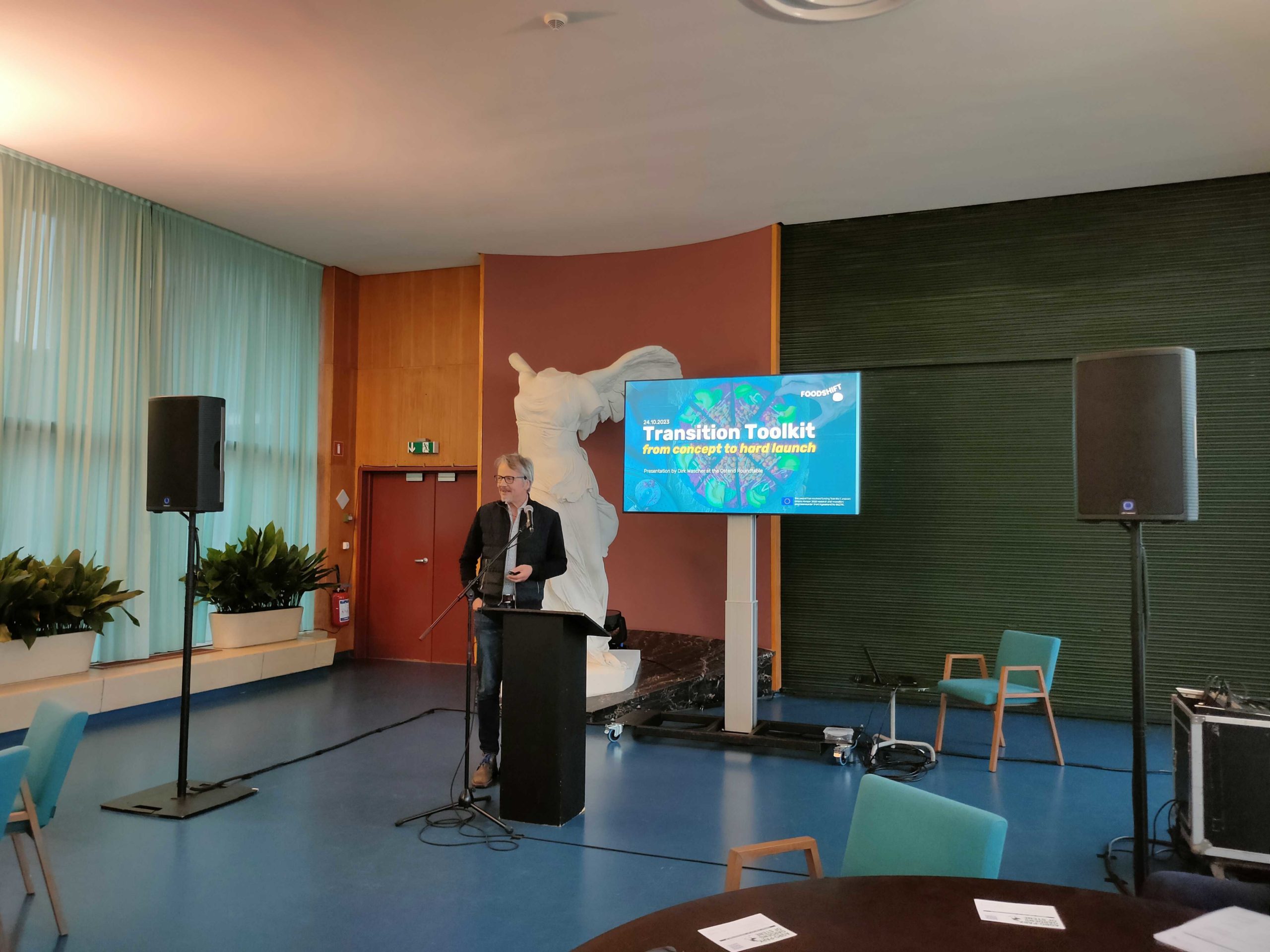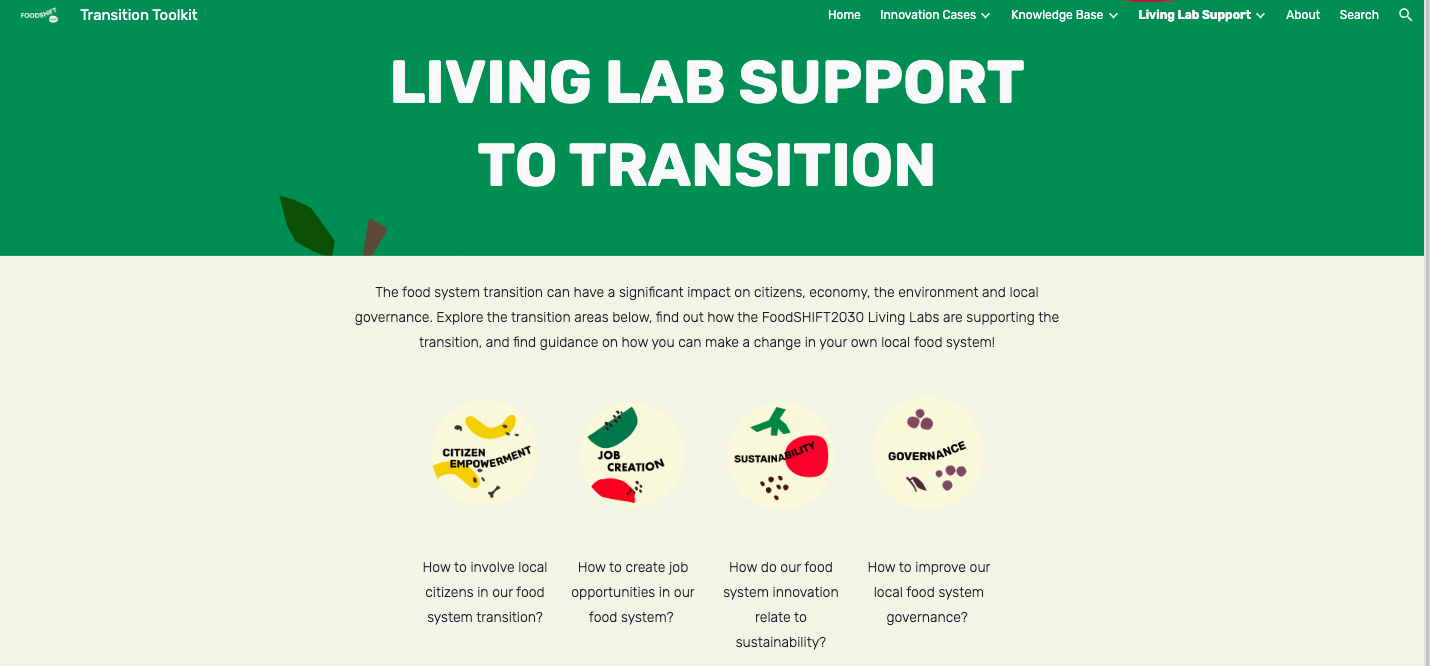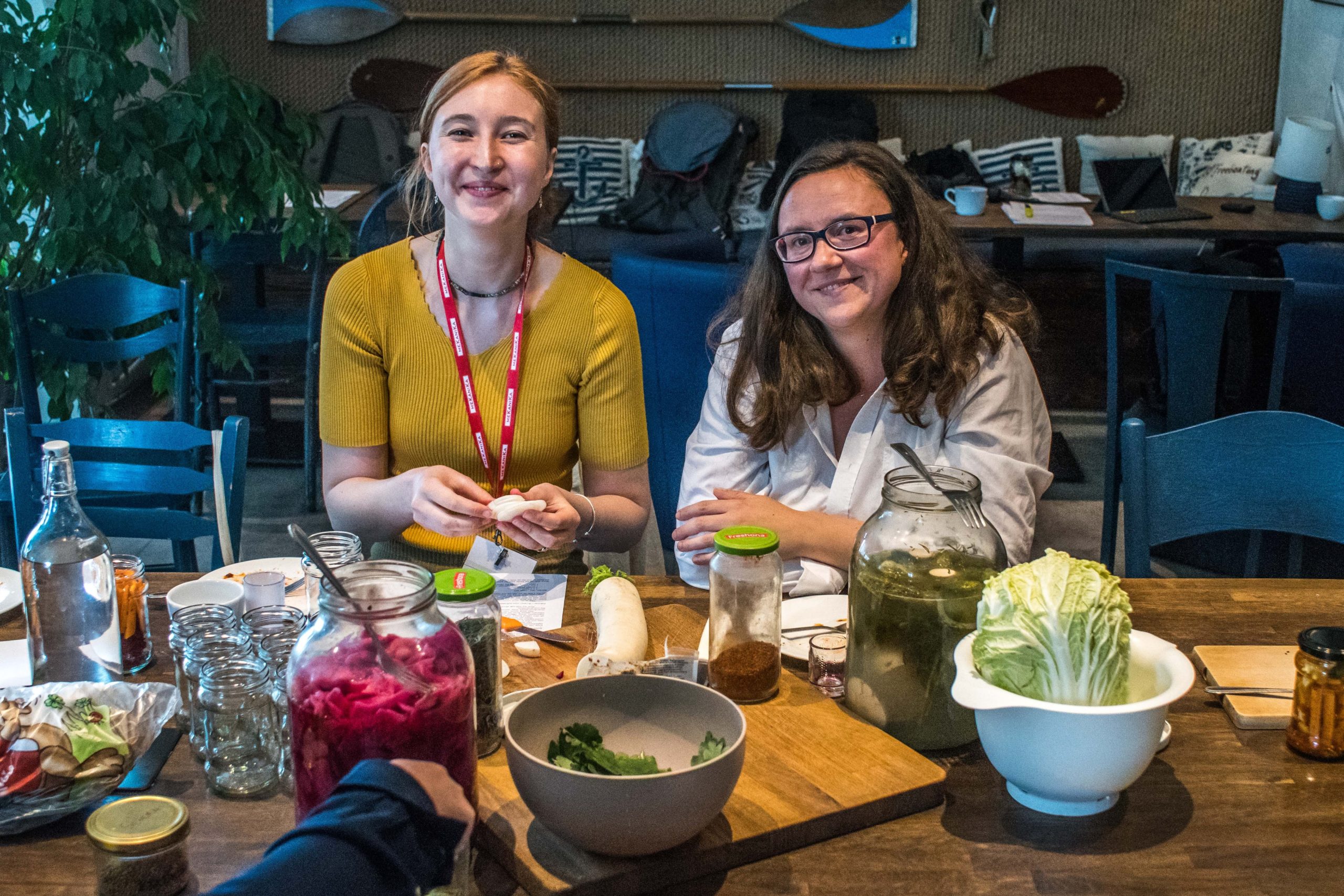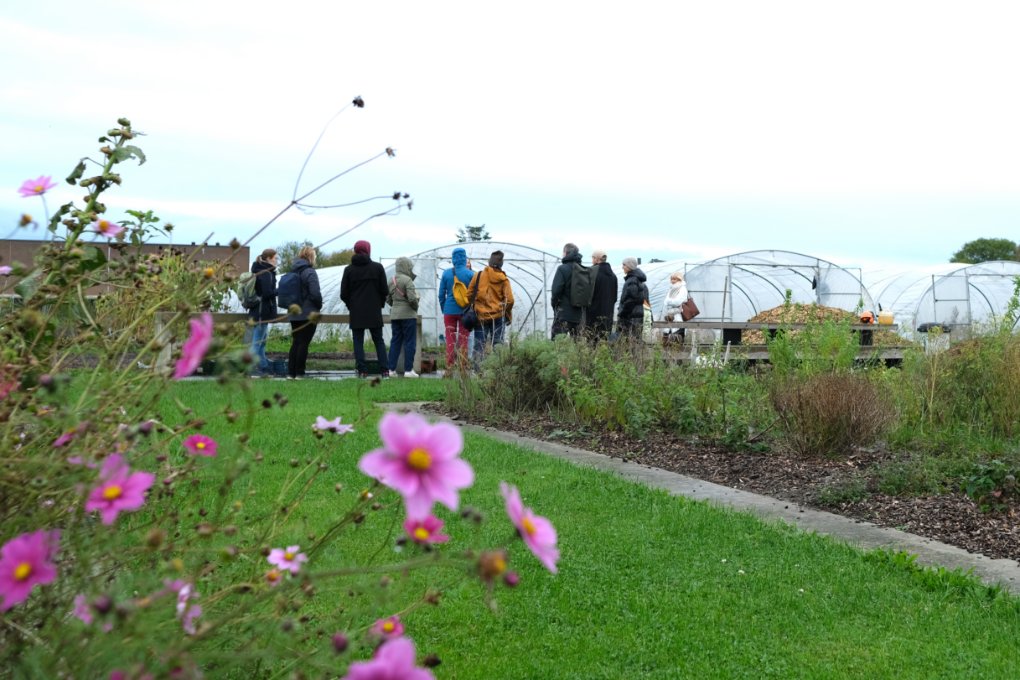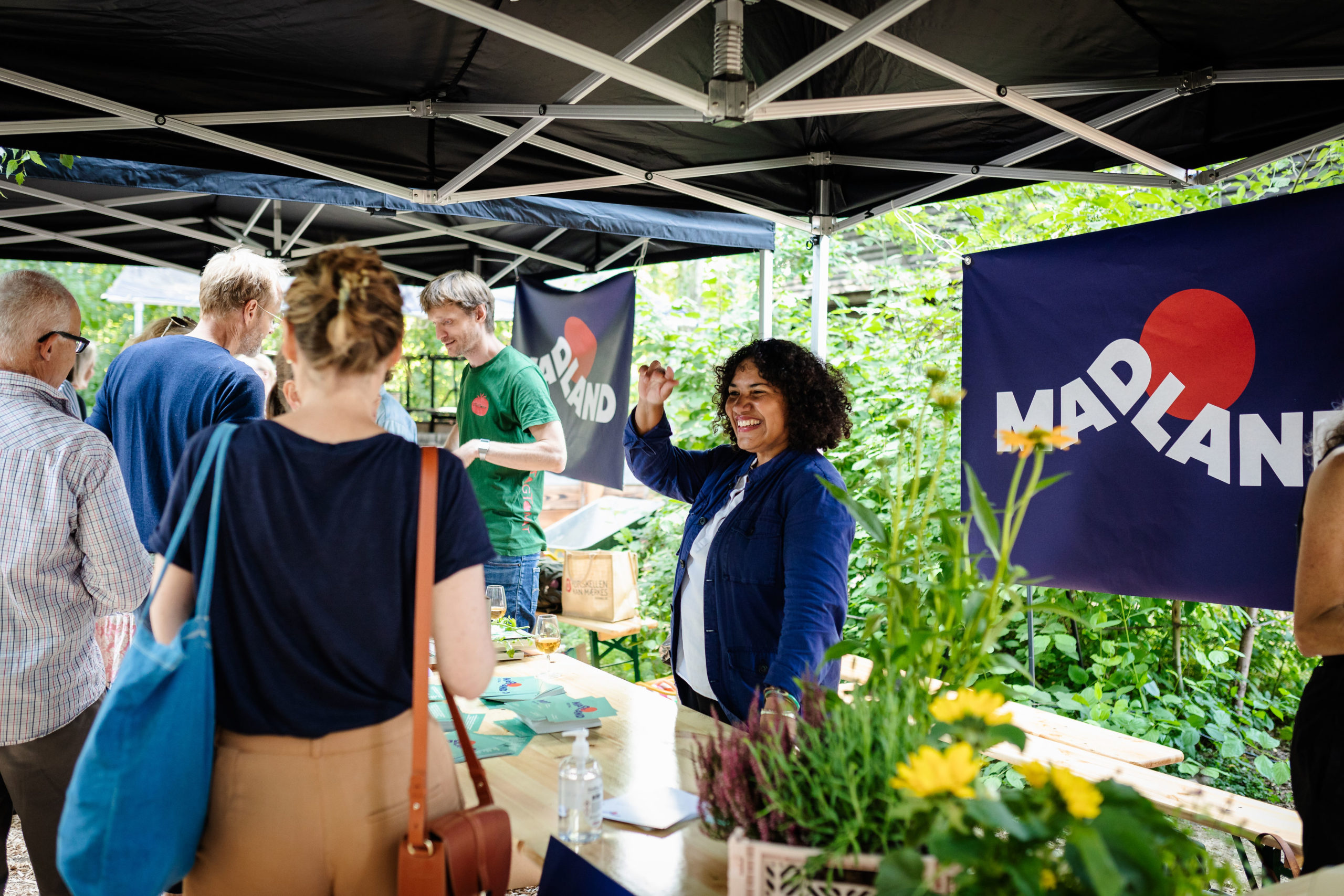Feeding the future of local food policies across the Mediterranean
13 October 2023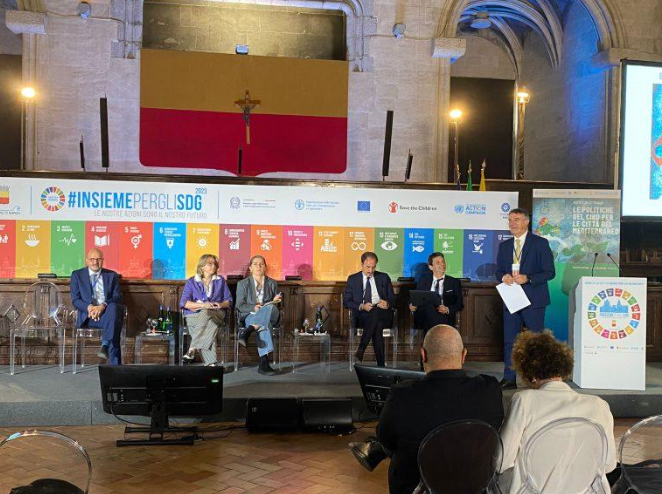
Urban food systems’ sustainability is a key perspective to tackle the global challenges arisen from urbanization, malnutrition and the increase of non-communicable diseases and climate change.
Each context has its own needs and tailored solutions and initiatives to meet them but one common aspect occurring in almost all places is the lack of specific competencies both at institutional (in terms of policies that cities can adopt) and organizational level, because of the lack of specific capacities and understaffed departments, above all in small and medium sized cities.
Moreover, working on urban food policies requires innovative governance decision-making mechanism: the local one, through the active involvement of civil society, business, and research to devise food strategies for more equitable social and economic development, and the institutional one, through the linkage of higher institutional and decision-making levels, fostering the scale up of the local process to regional, national and international levels.
In this respect, the Bari FAL experience, led by CIHEAM Bari with the support of the Metropolitan City of Bari, extremely innovative in the national panorama, address a higher policy level compared with the urban one: the governance process has covered the metropolitan scale and also represents an opportunity to qualify the Bari area as a good practice for other cities. In this regard, in order to test the process on other territories, urban design workshops have been launched to define strategic plans for urban food policy in Taranto, Tricase and Tirana.
The most notable achievement has been reached with the city of Taranto, which, as a result of the work done, will soon be in charge of signing the Milan Urban Food Policy Pact.
The co-design activities of the strategic plan for the transition of the food system of the City of Taranto were divided into three phases, preceded by a kick-off meeting (April 2022) to present the overall program, expected objectives, activities, and actors to be involved. The priority and preparatory elements were the involvement of civil society, citizens, public administrations, universities and research organizations, and businesses. Thanks to the kick-off meeting and an intensive activity of involvement of local actors implemented with the valuable support of the University of Bari – Ionian Department, in accordance with the quadruple helix approach, it was possible to launch the co-design workshop.

Photo credits: CIHEAM Bari
The first co-design phase took place with the first meeting on May 25, 2022, which was a central moment of discussion (brainstorming) with local stakeholders for identification of the desired future (vision); identification of problems that prevent the achievement of the desired future; existing projects and activities that contribute to the mitigation of problems, and missing actors that need to be involved.
The second phase, on July 5, 2022, involved the use of brainwriting to co-design solutions with respect to the problems identified in the previous phase. The participants, after being divided into three groups, developed an idea for each of the problems identified in each vision.
After analyzing the results of the previous meetings and comparing them with some international best practices, the third and final step, held on November 3, 2022, was to define, prioritize and validate the key actions to be included in the food policy.
The participatory process enabled identification of strategic orientations and priority actions underlying the food transition of the city of Taranto. That is, those actions that can represent a first element of sharing with the policy makers of the city of Taranto represented by the City Council as well as a political commitment, with due insights, for the elaboration of Taranto’s food policy.
Eight actions have been identified:
- School outreach and consumer awareness on diet and waste reduction/valuation.
- Waste recovery and valorization.
- DE.CO. municipal designation to enhance local food.
- Neighborhood hub Waste and indigent redistribution.; networks, cooperation, platforms, and financial support.
- Regeneration of urban spaces, urban agriculture and urban gardens.
- Use of public land, mapping land allocation for dedication to youth entrepreneurship.
- Training and support for business innovation processes (open innovation hub) for food transition.
- Markets and access to food.
The results obtained in Bari and Taranto provided input for the potential scale out of the process at both the national and Mediterranean levels.
The “innovative focus” of the BARI FAL, allowed CIHEAM Bari to strengthen connections and collaborations with other networks and to share its Mediterranean strategic positioning, through international cooperation projects, with other cities in Southern Mediterranean, and the connections with the Italian Ministry of foreign affairs and international organizations.
At the national level, CIHEAM Bari is a member of the Italian Local Food Policy Network, (https://www.politichelocalicibo.it/) a group of nearly 600 academics, researchers, administrators and activists involved, for research or professional purposes, in planning sustainable territorial food systems.
At the Mediterranean level, on the other hand , CIHEAM Bari actively participated in a series of meetings, (the Naples conference on “Food Policies in Mediterranean Cities” in May 2023, the “Second United Nations Summit on Sustainable Food Systems” in Rome in July 2023, and the Rimini Meeting on “Food security and sustainability: cooperating to grow” in August 2023), which shed light on a wide variety of experiences and ideas, highlighting the fundamental role of cities in addressing complex food security issues.

Photo credits: CIHEAM Bari; Naples, May 2023.
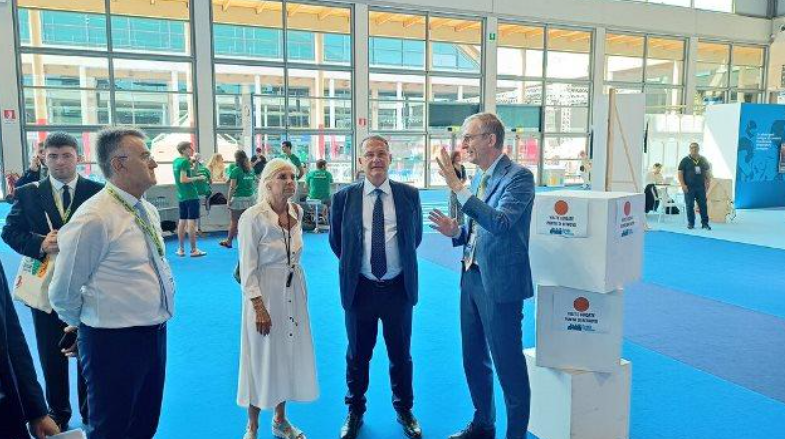
Photo credits: aise. Rimini, August 2023.
Building on this, CIHEAM Bari has expanded the dialogue on the topic of food transition in the Mediterranean, involving governance actors at a higher level (regional, national, and international) to promote the importance of a multi-level governance approach to the topic of food policies, and how important this is to ensure their effectiveness. Indeed, the experiences show the need for integration between different policies and sectors, since a food policy includes within it issues and sectors across the board (e.g., education, infrastructure, technological and social innovation, etc.).
What has been achieved so far has provided input to work on the food transition issue even beyond the end of the FoodSHIFT2030 project, capitalizing on its results. To this end, for example, CIHEAM Bari will host in January the general assembly of the aforementioned Italian Local Food Policy Network, with the aim of discussing and confronting the issue of food policies in Italy and in the Mediterranean.
Moreover, CIHEAM Bari has been working on new projects by participating in new European calls for proposals, (mainly Interreg) with the aim of supporting the food transition and the circular economy in the agrifood system by developing strategies, action plans and solutions using the Living Lab approach, also favouring new territorial cooperation networks that are needed to channel the joint effort toward more sustainable and resilient food systems.
Active participation of stakeholders of the quadruple helix, following the Living lab approach, has proven to be efficient in designing action plans. In fact, the involvement of local stakeholders ensured not only that citizenship is represented in decision-making processes, but also that what emerges from the co-creation process is based on the real needs of the communities and their reference environment.
At the same time, the strengthening of collaboration and dialogue between experiences and cities, both nationally and internationally, is certainly a pivotal point, as it promotes exchanges of knowledge and experiences that can facilitate, including through networking, the implementation of local food policies and monitor their developments, as well as the sharing of processes, approaches and solutions put in place.
Finally, given the cross-cutting nature of local food policies, fostering the adoption of integrated policies could ensure their greater effectiveness, and positively affect the well-being of communities from social, economic, and environmental perspectives.
